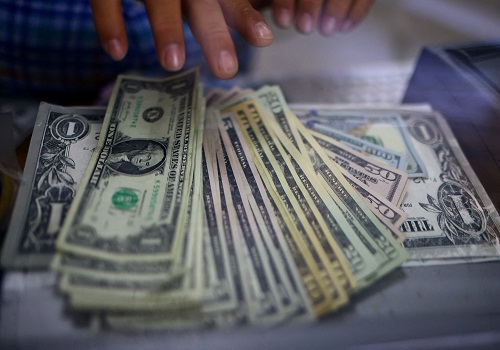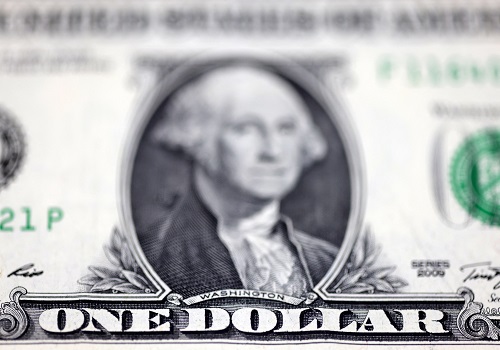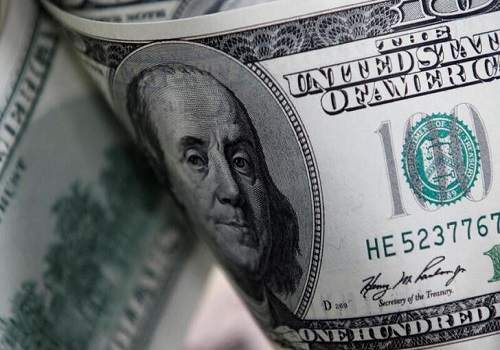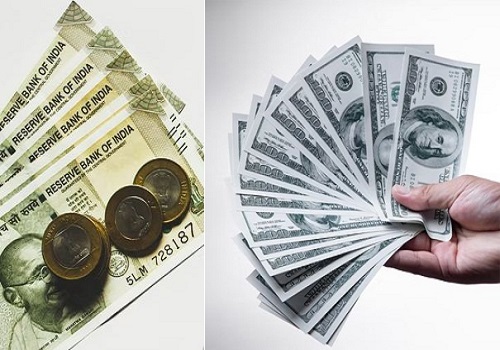Dollar slips as investors take heart from looser China COVID rules
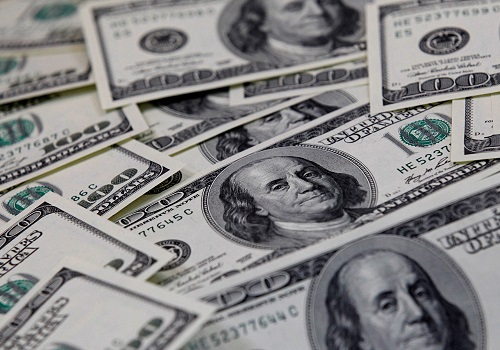
Follow us Now on Telegram ! Get daily 10 - 12 important updates on Business, Finance and Investment. Join our Telegram Channel
The dollar fell on Tuesday after China said it would scrap its COVID-19 quarantine rule for inbound travellers - a major step in reopening its borders that boosted risk-related currencies such as the New Zealand and Australian dollars.
China will stop requiring inbound travellers to go into quarantine on arrival starting Jan. 8, the National Health Commission said on Monday, even as COVID cases spike. At the same time, Beijing downgraded regulations for managing COVID cases to the lighter Category B from the top-level Category A.
The New Zealand dollar rose by 0.7% to $0.6316, while the Aussie rose 0.5% to $0.6765 in mostly thin trading during the year-end holiday season. The two currencies are often used as liquid proxies for the Chinese yuan.
The offshore yuan rose 0.1% to 6.9686 per dollar.
"There seems to be no let-up in the pace of relaxing COVID restrictions despite the surge in COVID cases in the mainland," Christopher Wong, a currency strategist at OCBC, said. "This perhaps demonstrates Chinese policymakers' resolve to full reopening.
"In addition, there was news of China potentially taking extraordinary measures to support growth," Wong said.
Elsewhere, the euro rose 0.2% against the dollar to $1.06545 and against the yen to 141.89.
China's gradual dismantling of its zero-COVID policies could give the euro - which has clawed higher thanks to the European Central Bank taking a much harder line on inflation than investors had expected - an additional boost.
"A faster end to COVID restrictions would support the Chinese economy and benefit the euro area and the euro,” strategists at Danske Bank said.
With UK markets closed for a public holiday, trading in sterling was muted, leaving the pound flat against the dollar at around $1.2071.
The U.S. dollar index eased 0.1% to 104.04.
Data released on Friday showed U.S. consumer spending barely rose in November while inflation cooled further, reinforcing expectations that the Federal Reserve could scale back its aggressive monetary policy tightening.
"In line with its seasonal trend, December has been a soft month for the greenback," ING FX strategist Francesco Pesole said.
"It's worth remembering that the dollar rose in each of the past four years in January. Our view for early 2023 is still one of dollar recovery."
The Japanese yen fell 0.2% against the dollar to 133.07, in spite of a surge in short-term government bond yields to their highest in over seven and a half years, following an auction that attracted relatively weak demand.
The yen is heading for its biggest quarterly rally against the dollar since 2008, with a rise of 8.1%, following a surprise decision by the Bank of Japan (BOJ) to adjust its monetary policy last week.
BOJ Governor Haruhiko Kuroda on Monday dismissed the chance of a near-term exit from ultra-loose monetary policy, even as markets and policymakers are signalling an increasing focus on what comes after Kuroda's tenure ends in April next year.
"While ... (the) policy tweak has added uncertainty to the BOJ outlook, we continue to lean toward BOJ policymakers making no further policy adjustments through the end of 2023," analysts at Wells Fargo said.
"Inflation pressures are expected to ease, which should lessen the BOJ's motivation for further policy moves."
In cryptocurrencies, crypto lender Vauld has called off its potential acquisition by rival Nexo, according to a CoinDesk report.
Bitcoin was last down 0.4% at $16,858, while Ether fell 0.8% to $1,217.90.






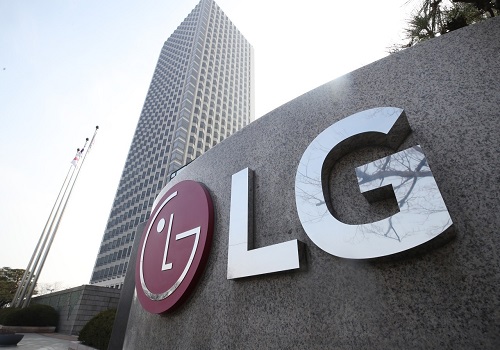





 320-x-100_uti_gold.jpg" alt="Advertisement">
320-x-100_uti_gold.jpg" alt="Advertisement">









